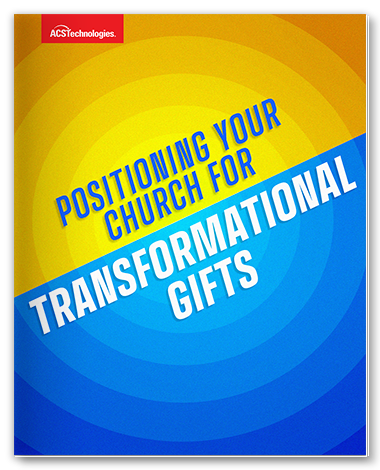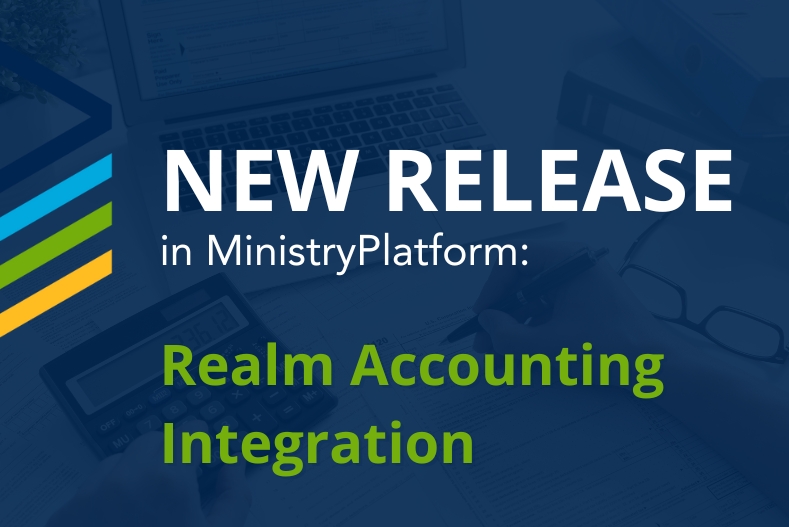Every church and ministry has struggled with its annual budget process.
“If only we had an endowment to draw on!”
“I wish we had an investment fund that let us think strategically!”
“If we could just plan more than one year at a time, we’d be such better stewards of our facilities and ministries!”
It’s a common theme, and if these are thoughts expressed at your finance committee or board meetings, you are not alone.
After years of working with both donors and ministries, I can tell you there IS a magic bullet: planned giving. A “planned gift” is a gift a donor makes as a bequest through an estate or will. After family members are designated as beneficiaries, many givers also choose to leave a life insurance benefit, a piece of property, or a percentage of their entire estate to a charity.
Gifts
Planned gifts are transformational gifts for several reasons. For the donor, this will typically be the largest gift they will ever be able to make. Planned gifts can be exponentially larger than any one-time or annual gift a donor could give during his or her lifetime.
For those seeking to leave a legacy and invest in God’s mission in the world, this is an opportunity to designate significant funding to a ministry or church. An estate gift can often be more funds than an organization has ever received at one time. These gifts can become the seed funding for endowments. For many nonprofits, the annual distribution on invested endowed gifts are a major source of revenue in their operations budget or are used to fund their capital improvements.
What’s Next
In this blog series, we will explore the four ways you can best position your church for planned giving. We’ll unpack how to educate your members about planned gifts, communicate how your church would use and manage a large donation, and build a strategy for a long-term invested endowment for your ministries.
We’ll also address the elephant in the room on this subject: why so many donors don’t feel comfortable leaving a large gift to their church. Instead, they direct their best legacy gifts to nonprofit charities that are better prepared to manage them. I really want to outline why I hear this so often and how churches can proactively work to change that perception.
A church that secures estate gifts can build a fund to sustain its operations, facilities, staff, and important projects. It provides stability during lean times. And the flexibility to be creative and strategic in seeking to best advance the church’s ministries.
The next installments of this series, we’ll talk about specific education and communication strategies. And how to best make your case to members to include the church in their estate plans.
Position Your Congregation for Planned Gifts
Most churches don’t talk to their members about legacy or estate gifts at all. Unfortunately, other charitable organizations run circles around churches regarding securing planned gifts.
Learn techniques for education and communicating with your members about the power of leaving a lasting legacy through their estate and planned giving.
Considering a Capital Campaign?
Capital campaigns are a daunting task, even under the best circumstances. If you’ve been considering — or putting off — a capital campaign to raise funds. The solution is here, to grow your church or expand your ministry.
ACS Technologies® teamed up with Non-Profit DNA to offer an extensive and comprehensive consulting service to help make your upcoming capital campaign successful. This partnership gives you access to highly skilled, knowledgeable fundraising experts. They will help with your campaign — every step of the way.
Visit Capital Campaigns on our website to request your consultation today!
Tim has over 30 years of experience in Church, Non-Profit Administration, Management, and Fund Development. Serving as an Executive Pastor and Chief Development Officer in growing Churches and Non-Profit Organizations. He has provided a wide range of expertise and resources. Tim serves as the Founder and CEO of Non-Profit DNA. A boutique firm committed to helping nonprofits and churches. By building their capacity through fundraising, leadership, team building, staff recruiting, and coaching.





